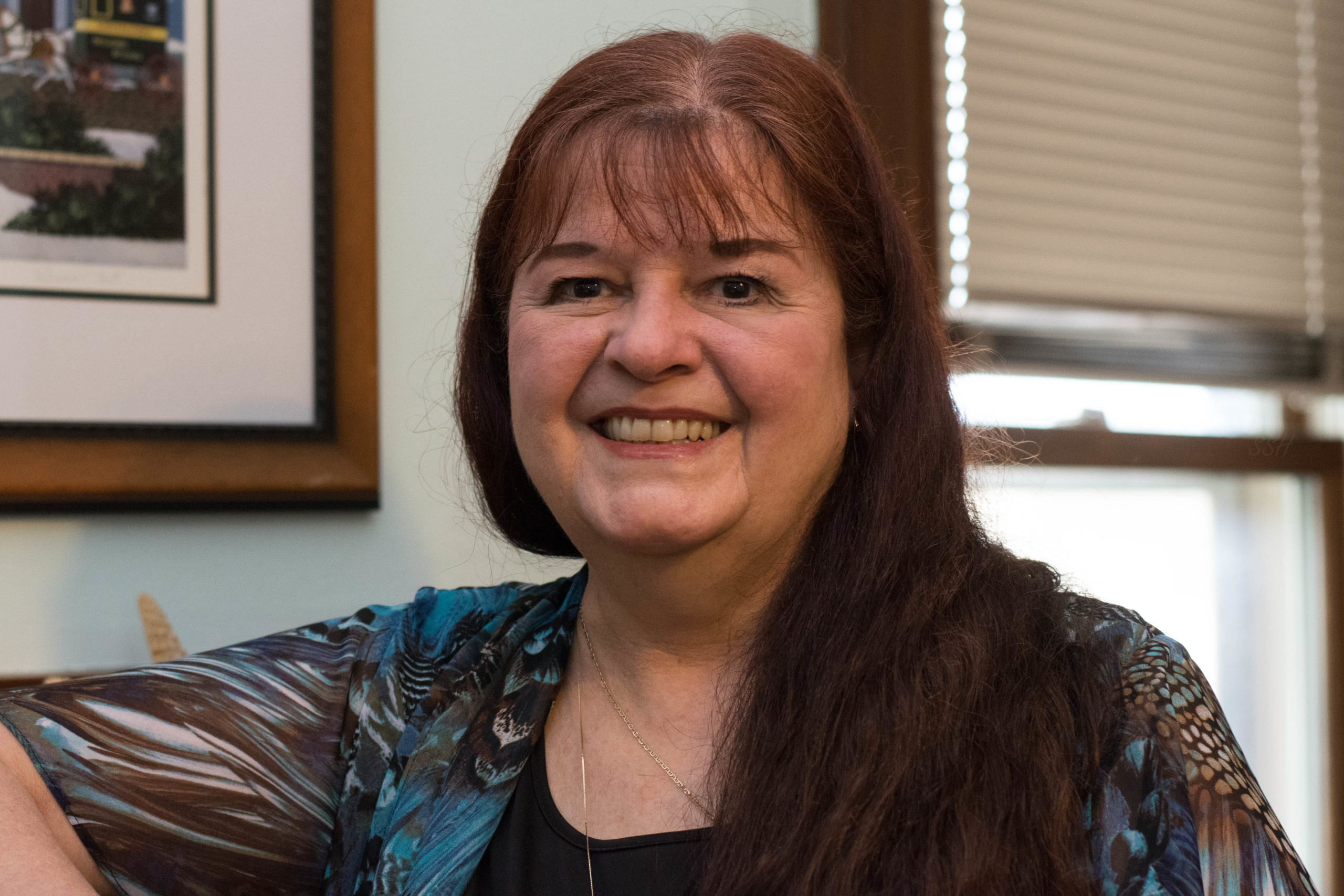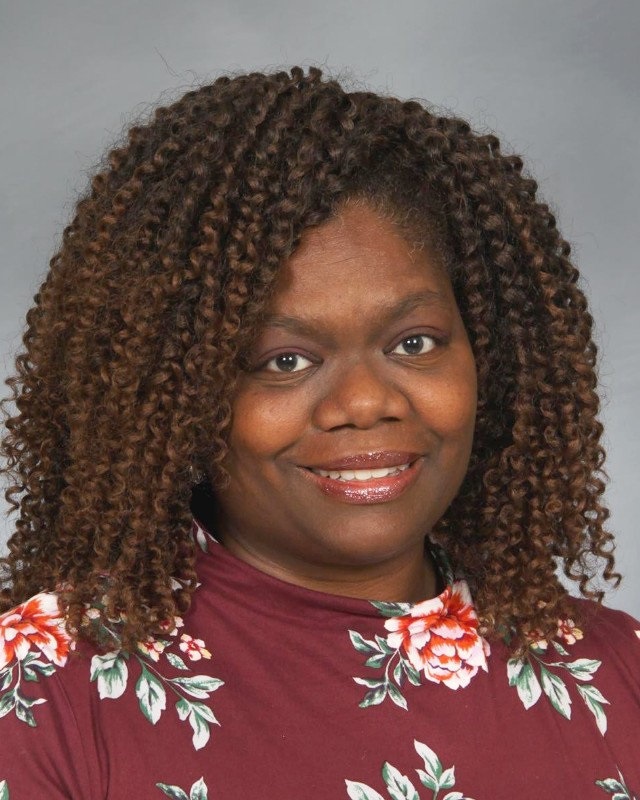Weight Stigma and Clinical Applications: Ethical Considerations
Speaker(s):
Presentation:
The issue of weight in medical and mental health care is a thorny one. Those in the helping professions genuinely wish to provide quality medical and psychological care to those in need, but the confusing and contradictory information about weight, health and well-being can be baffling. In this workshop, we attempt to examine these concerns through the lens of professional ethics. Specifically, we look at the codes of ethics for psychologists, counselors, social workers, dieticians, nurses and public health practitioners.
Objectives:
- Define weight stigma
- Identify ways that weight bias interferes with care
- Describe interventions for addressing weight bias in treatment and in agency settings
- List health-enhancing behaviors that do not focus on wieght loss



